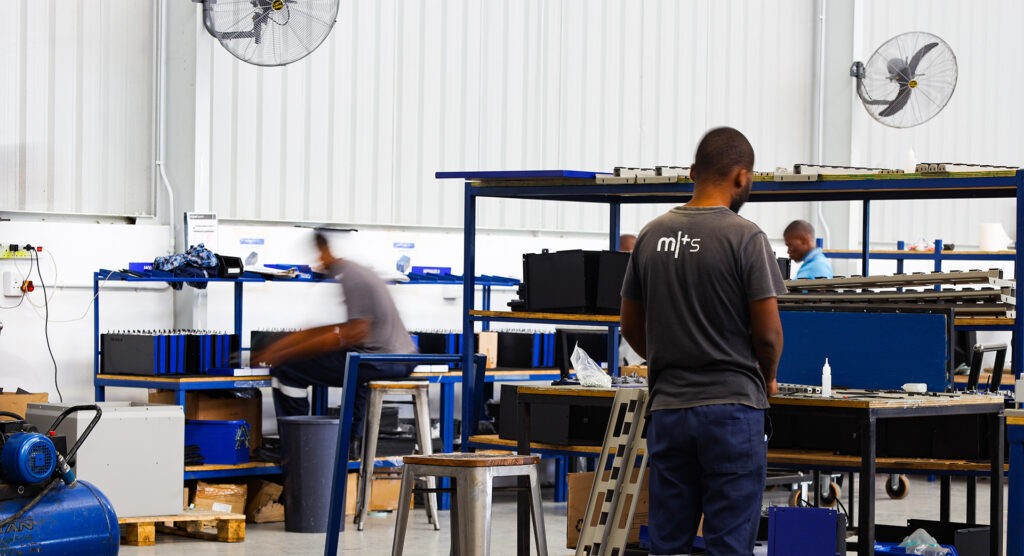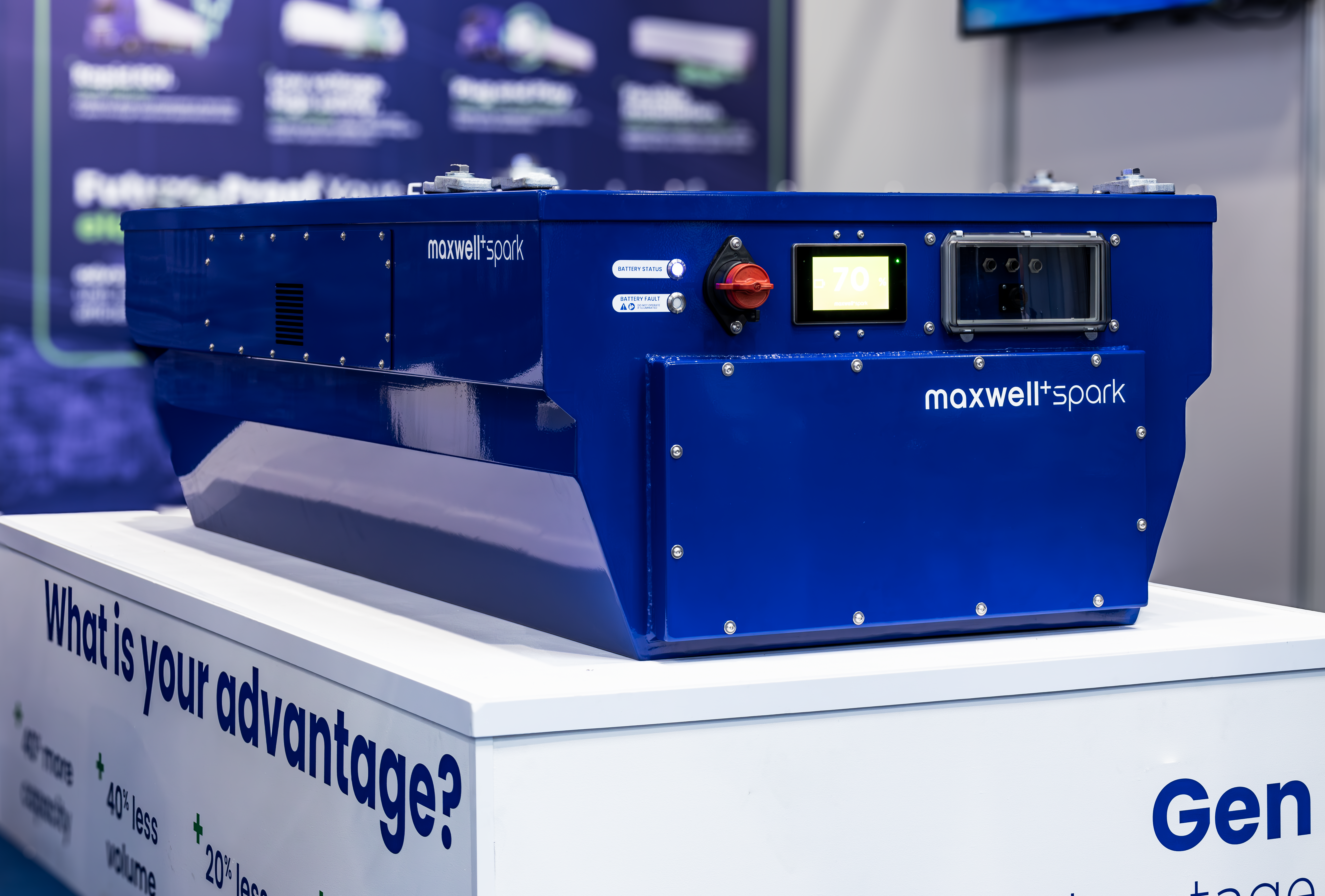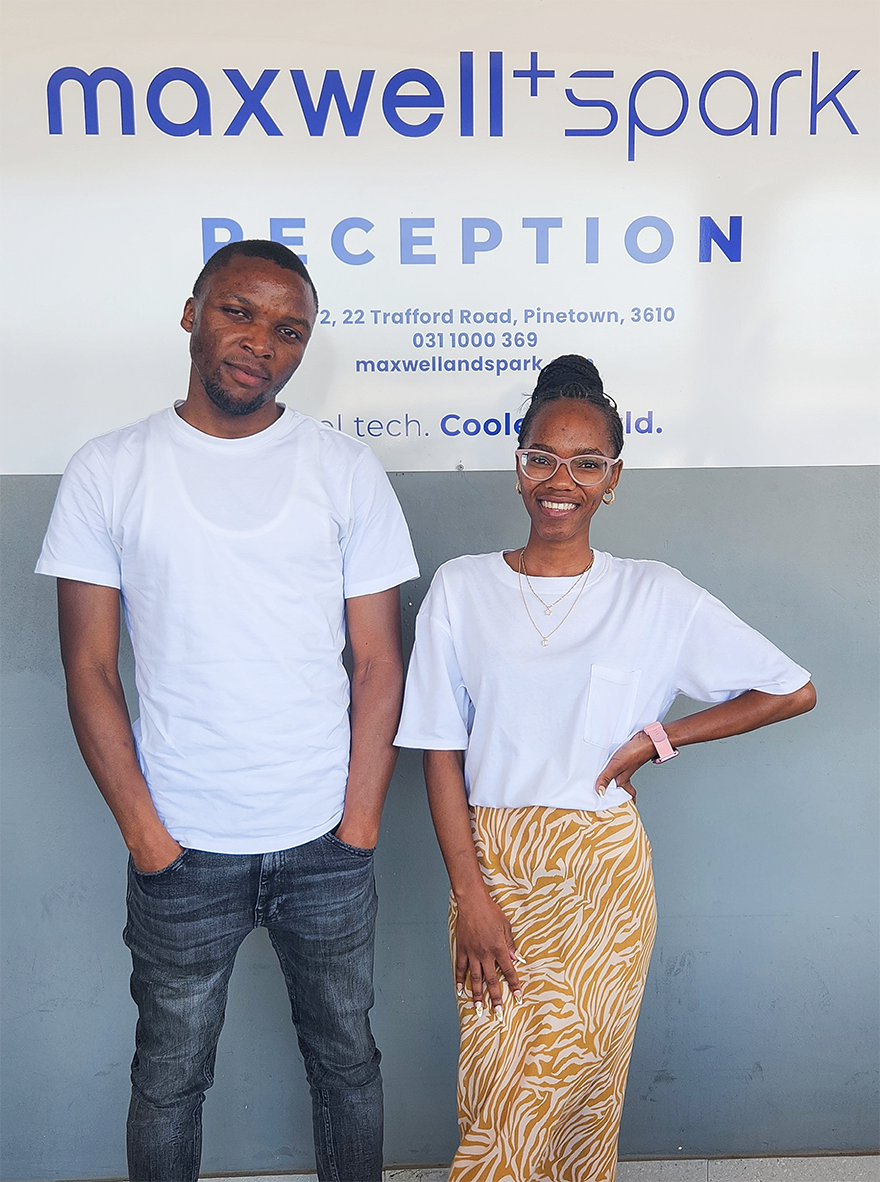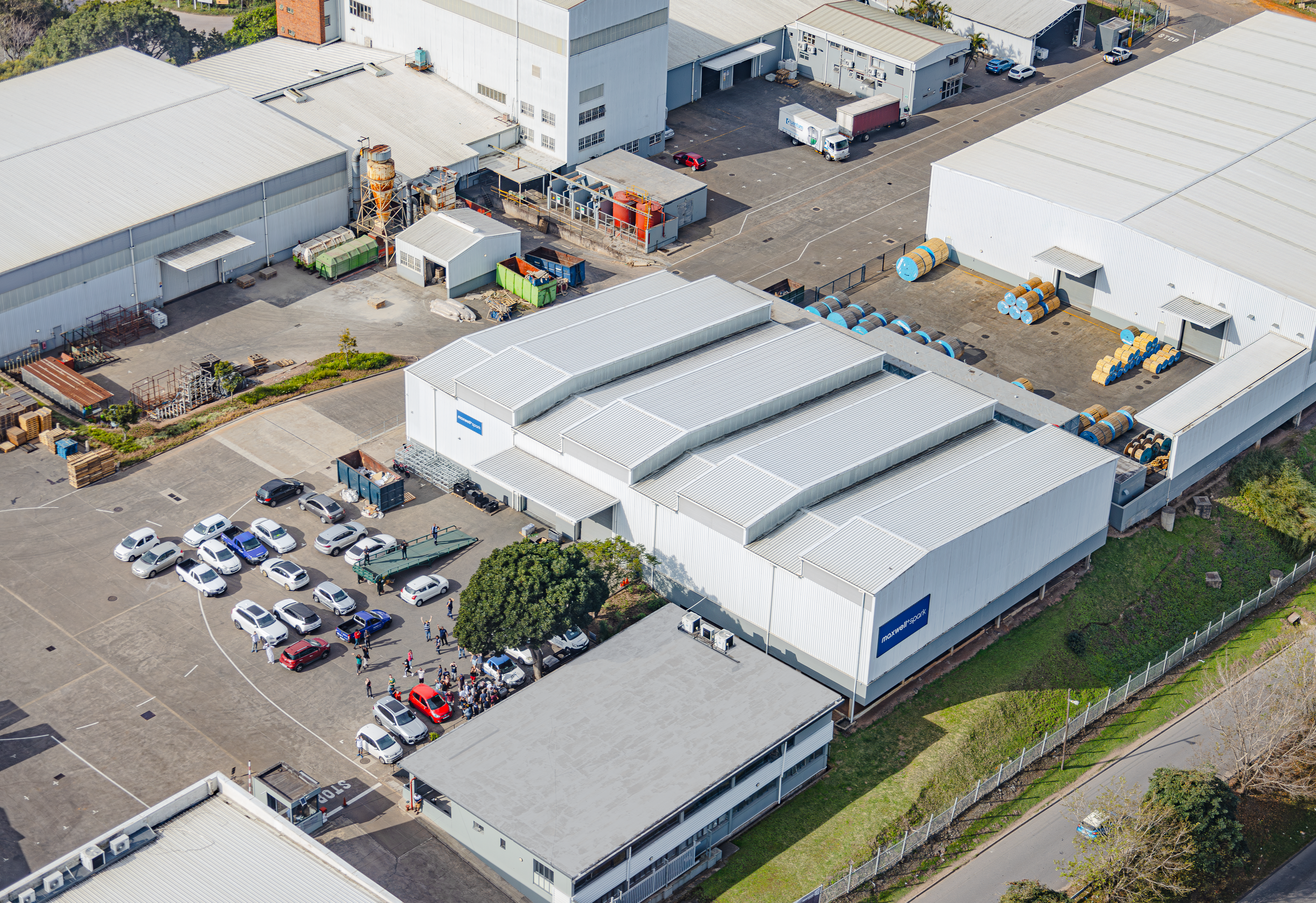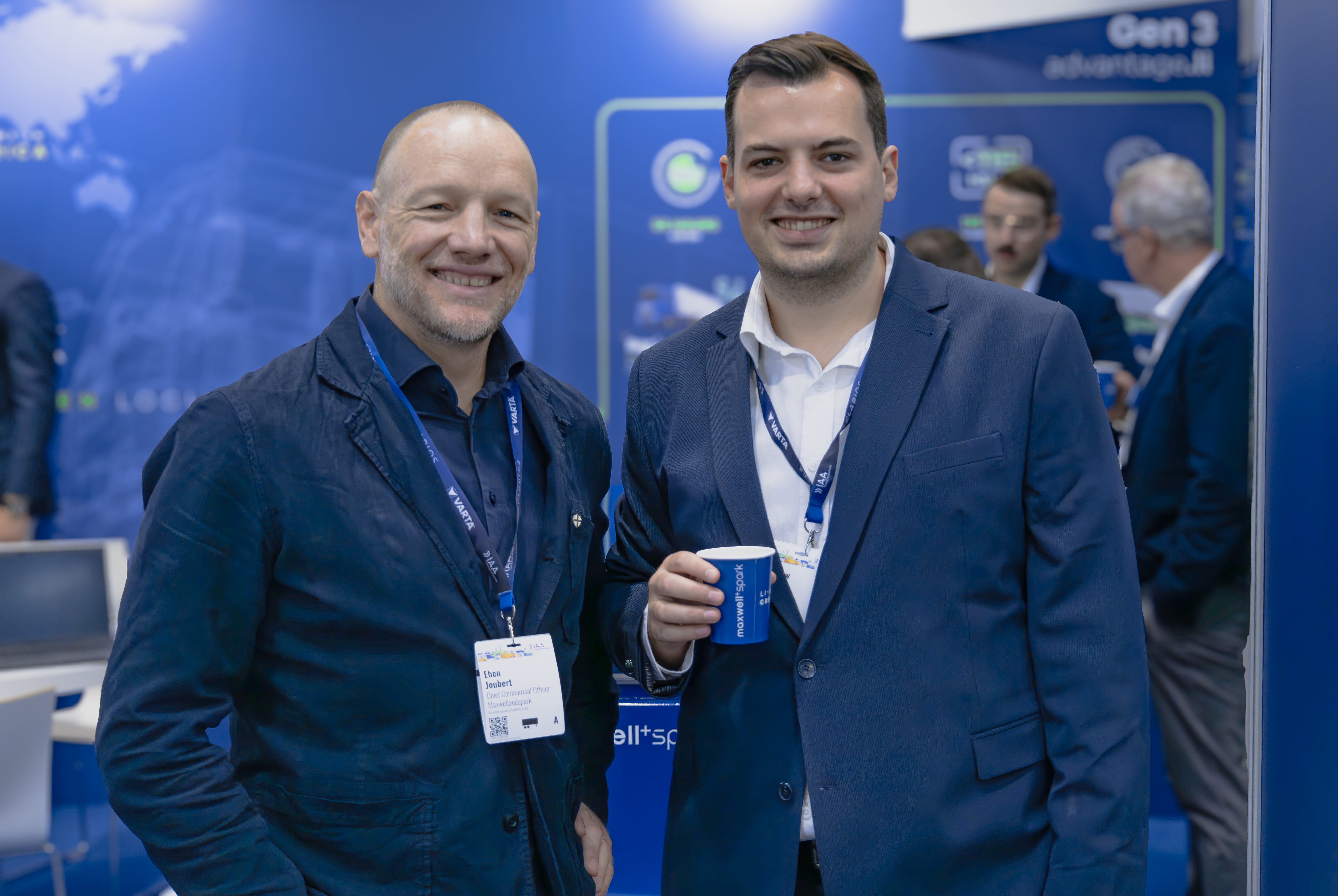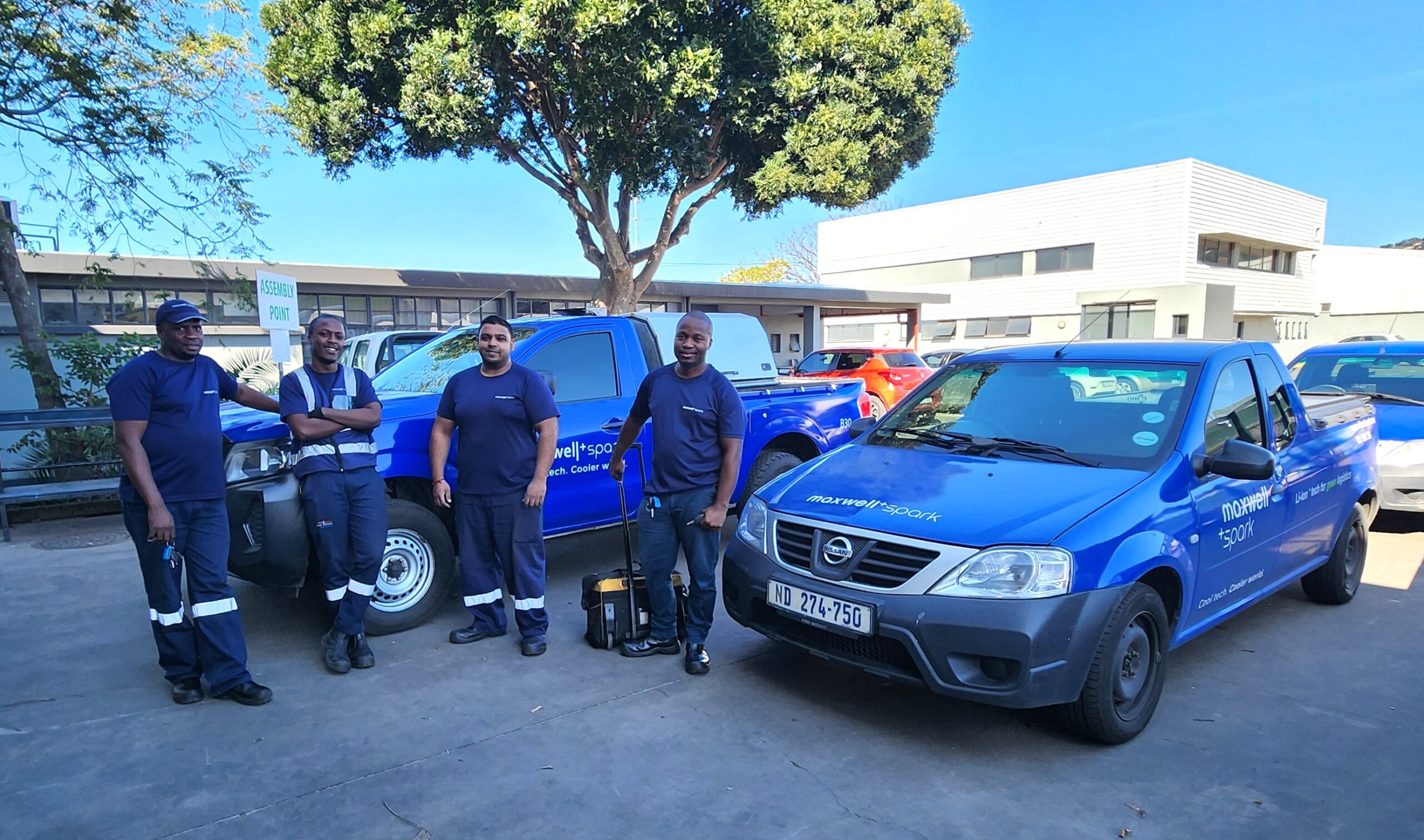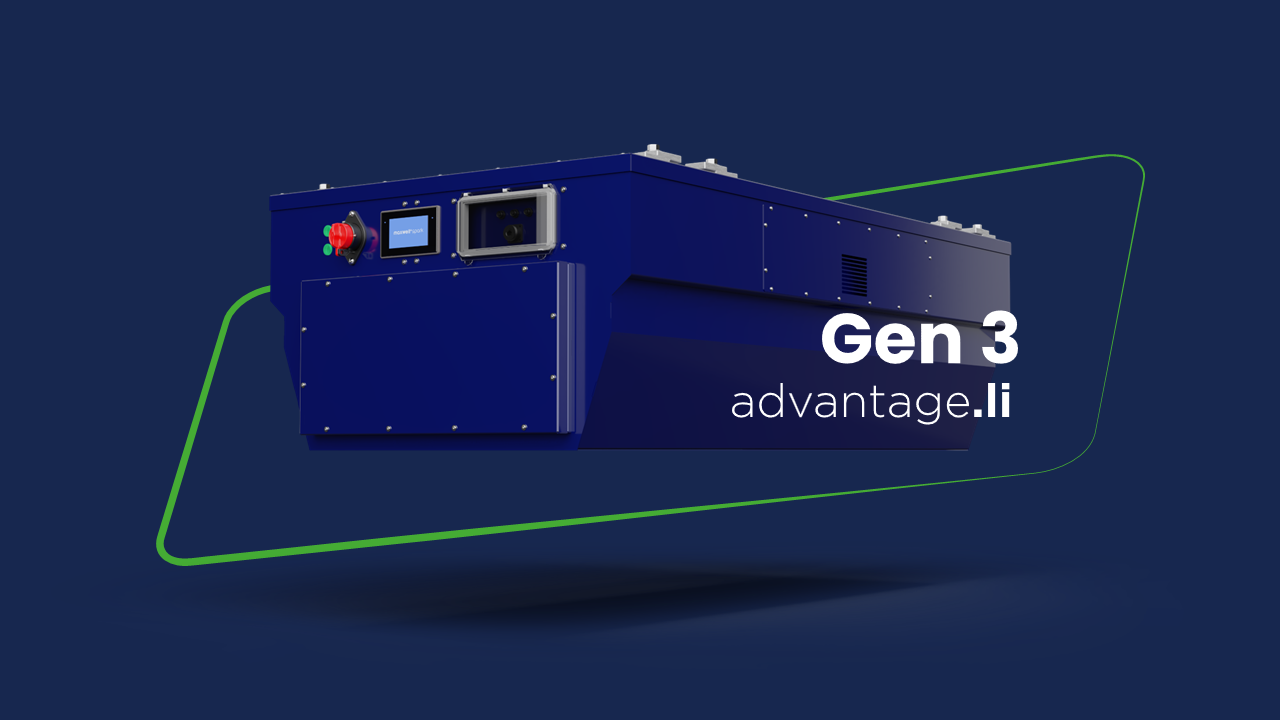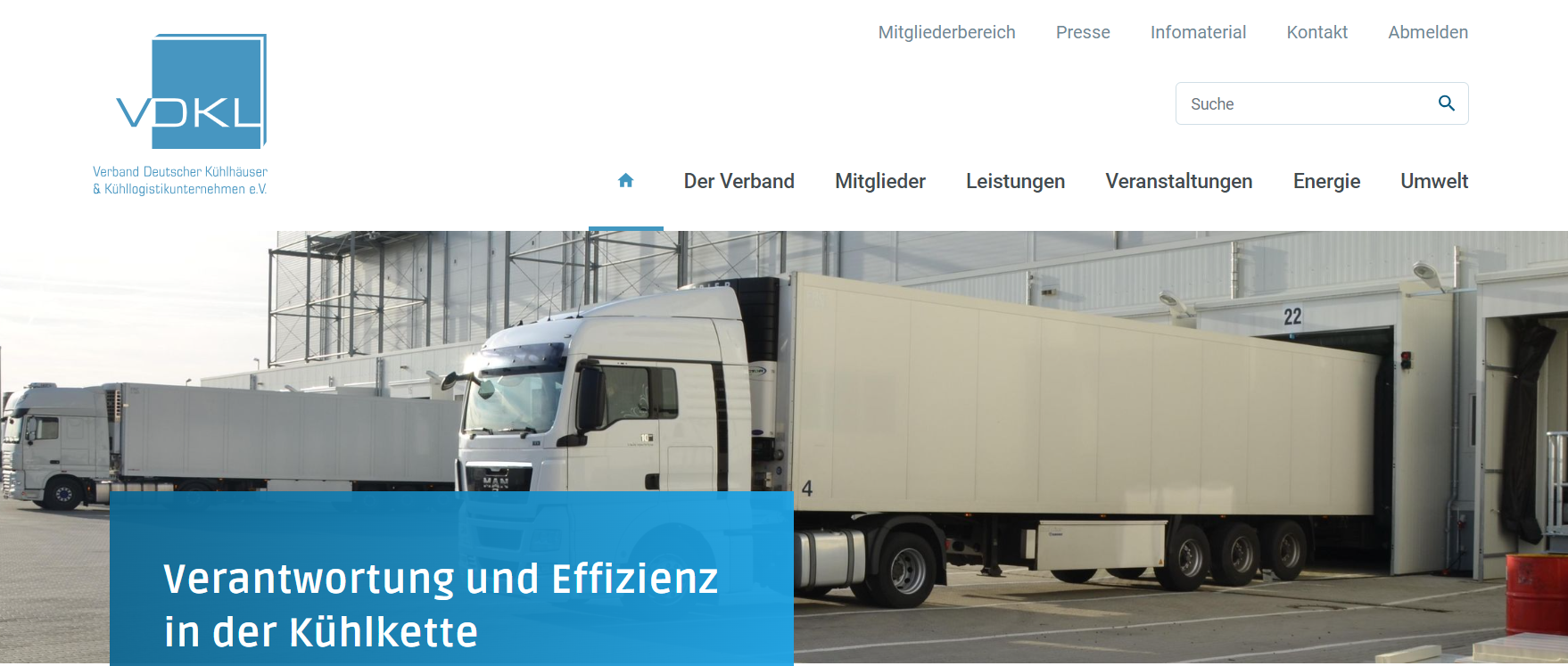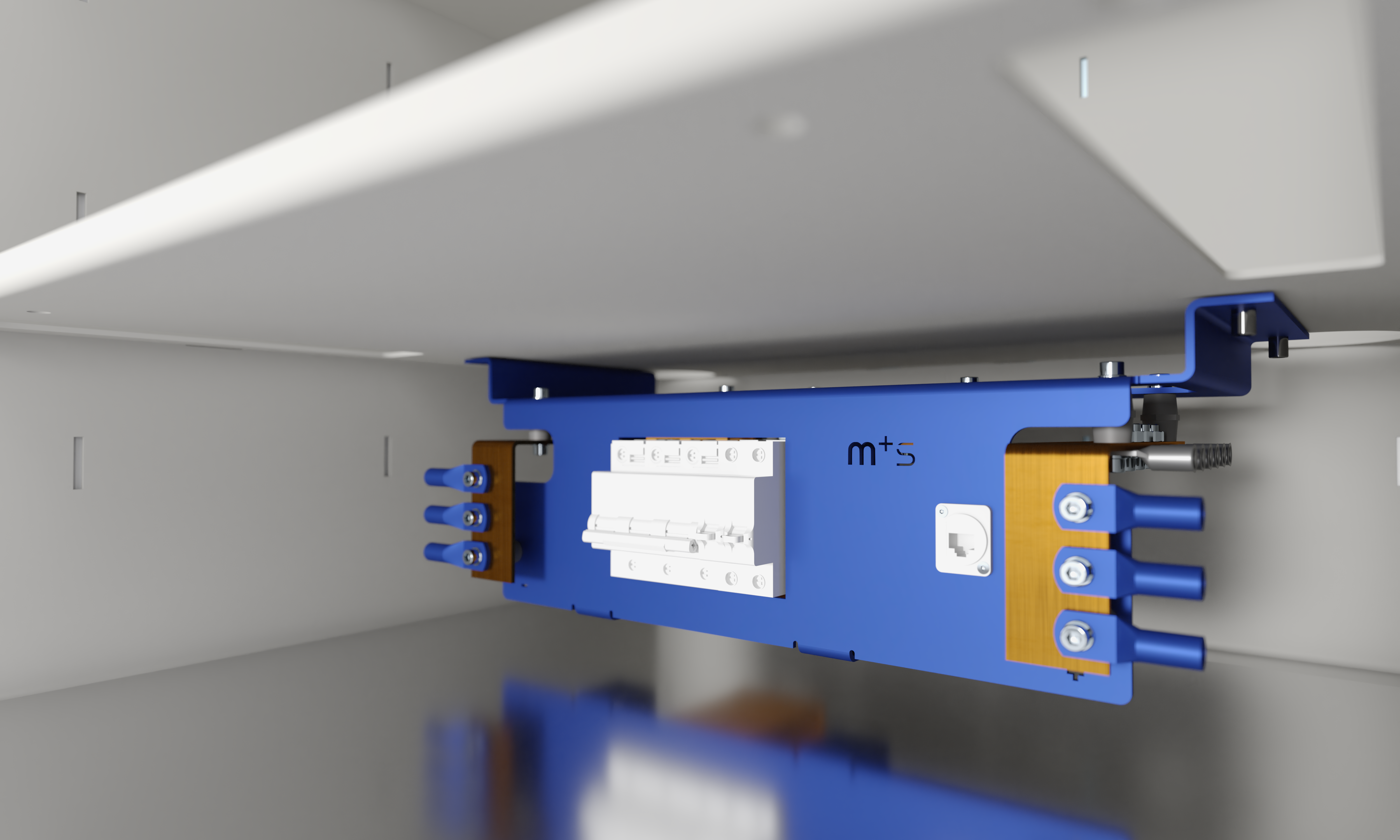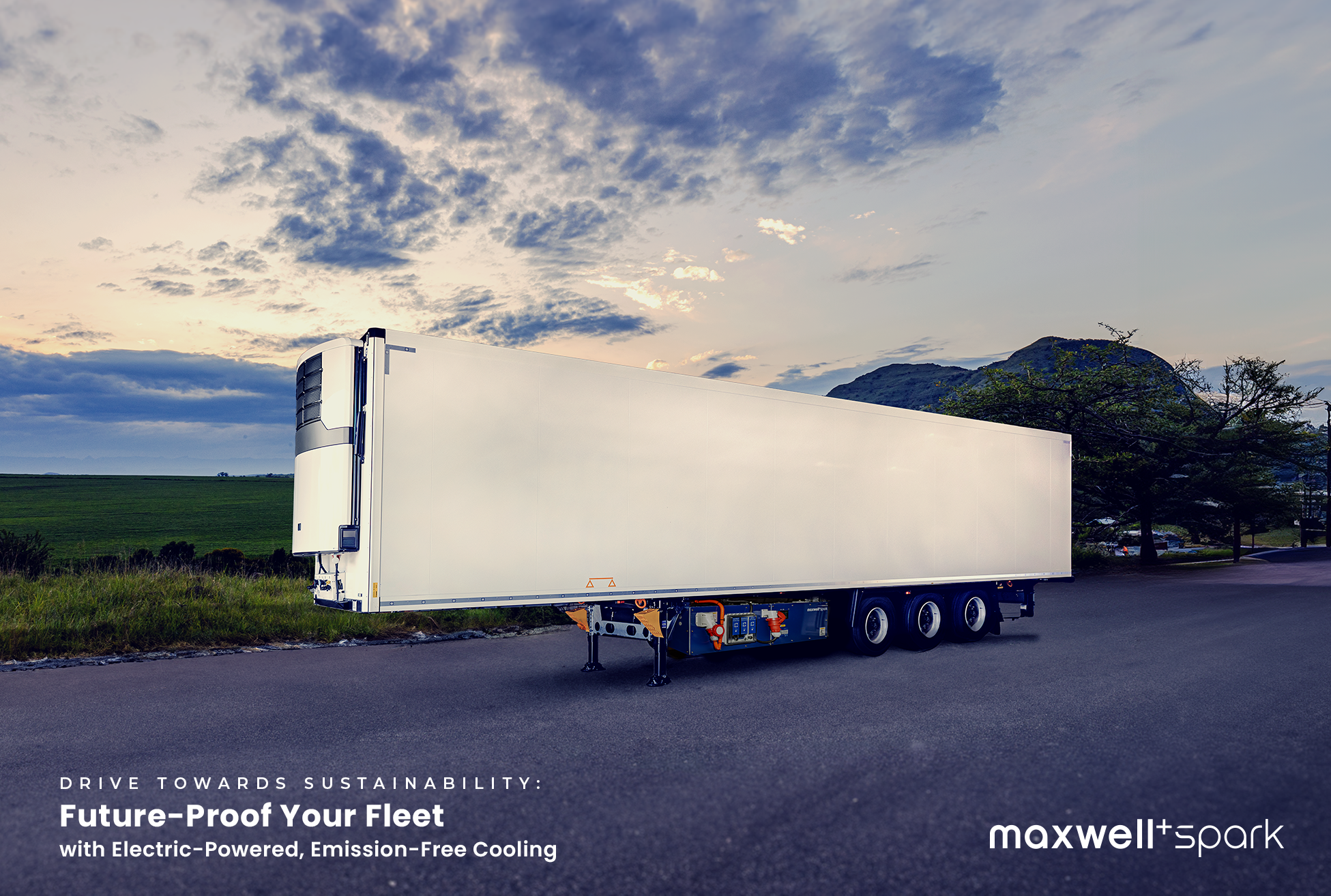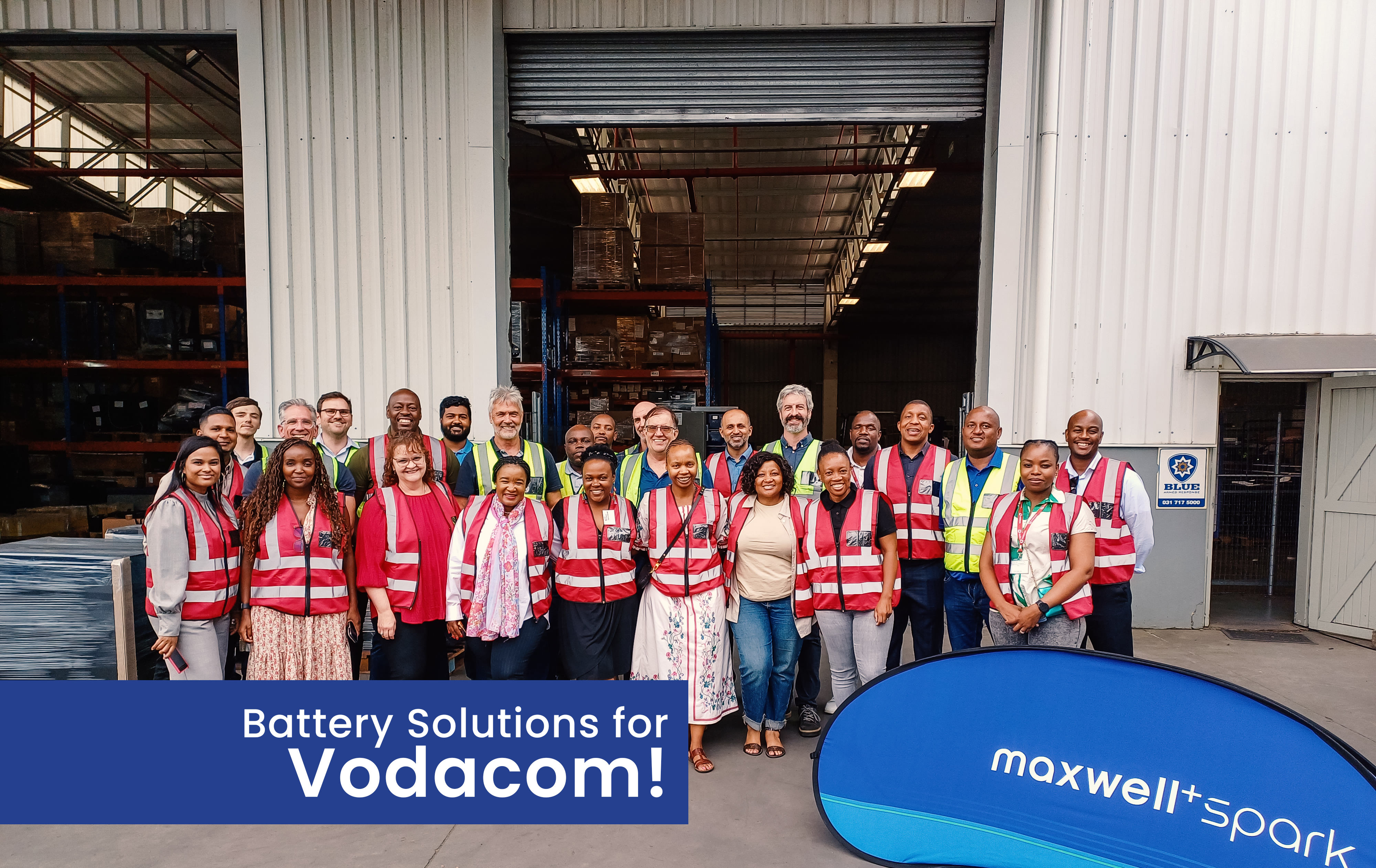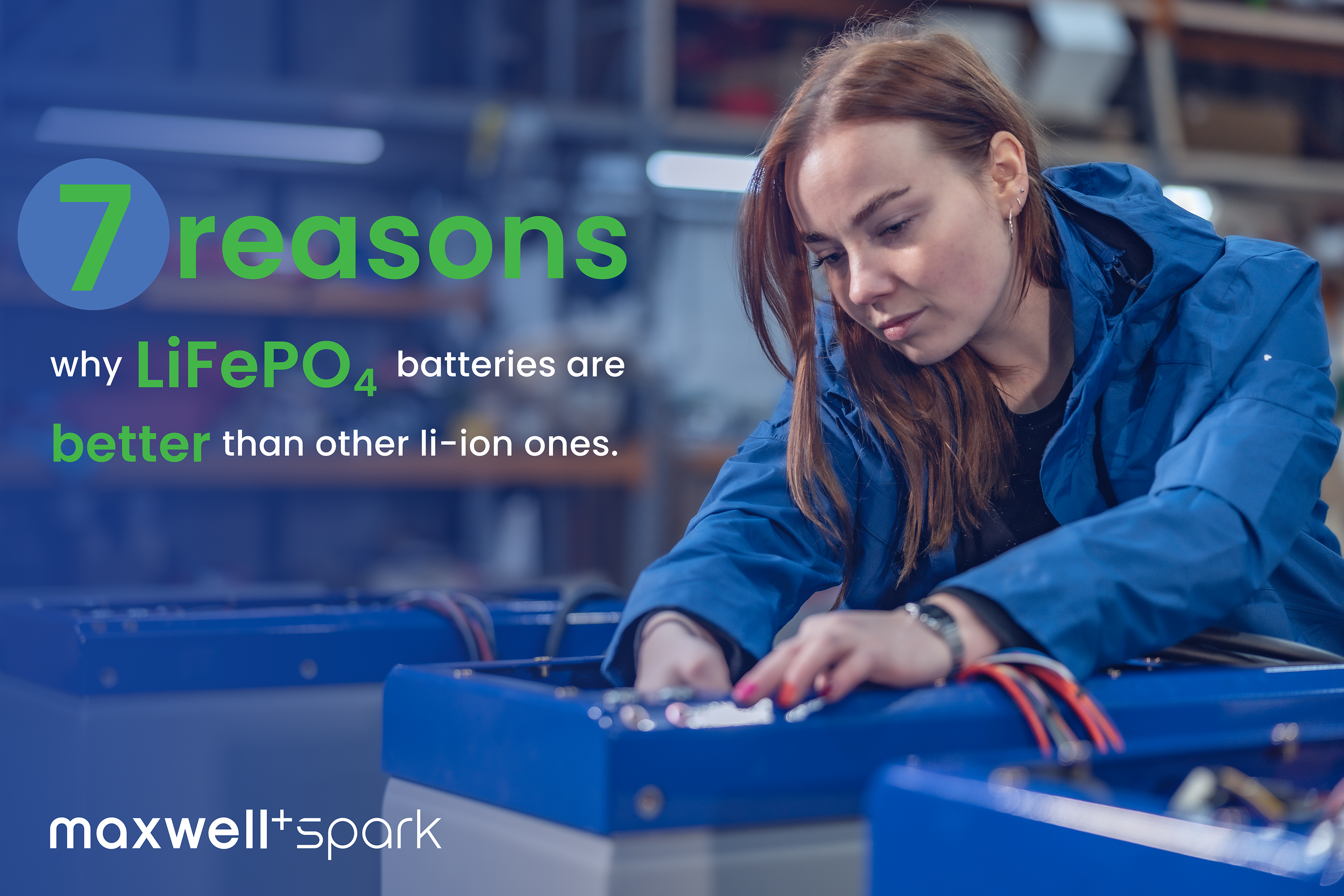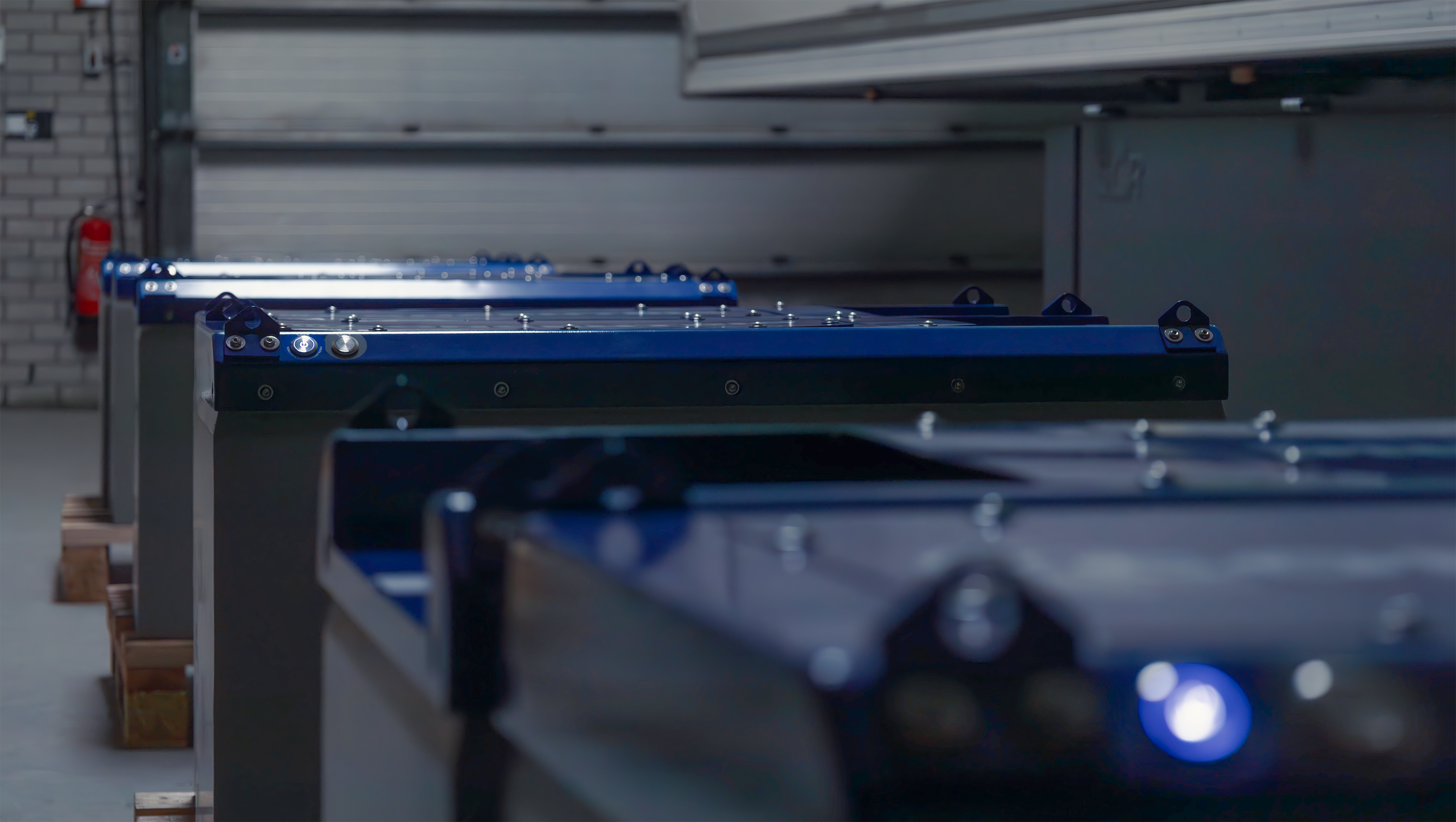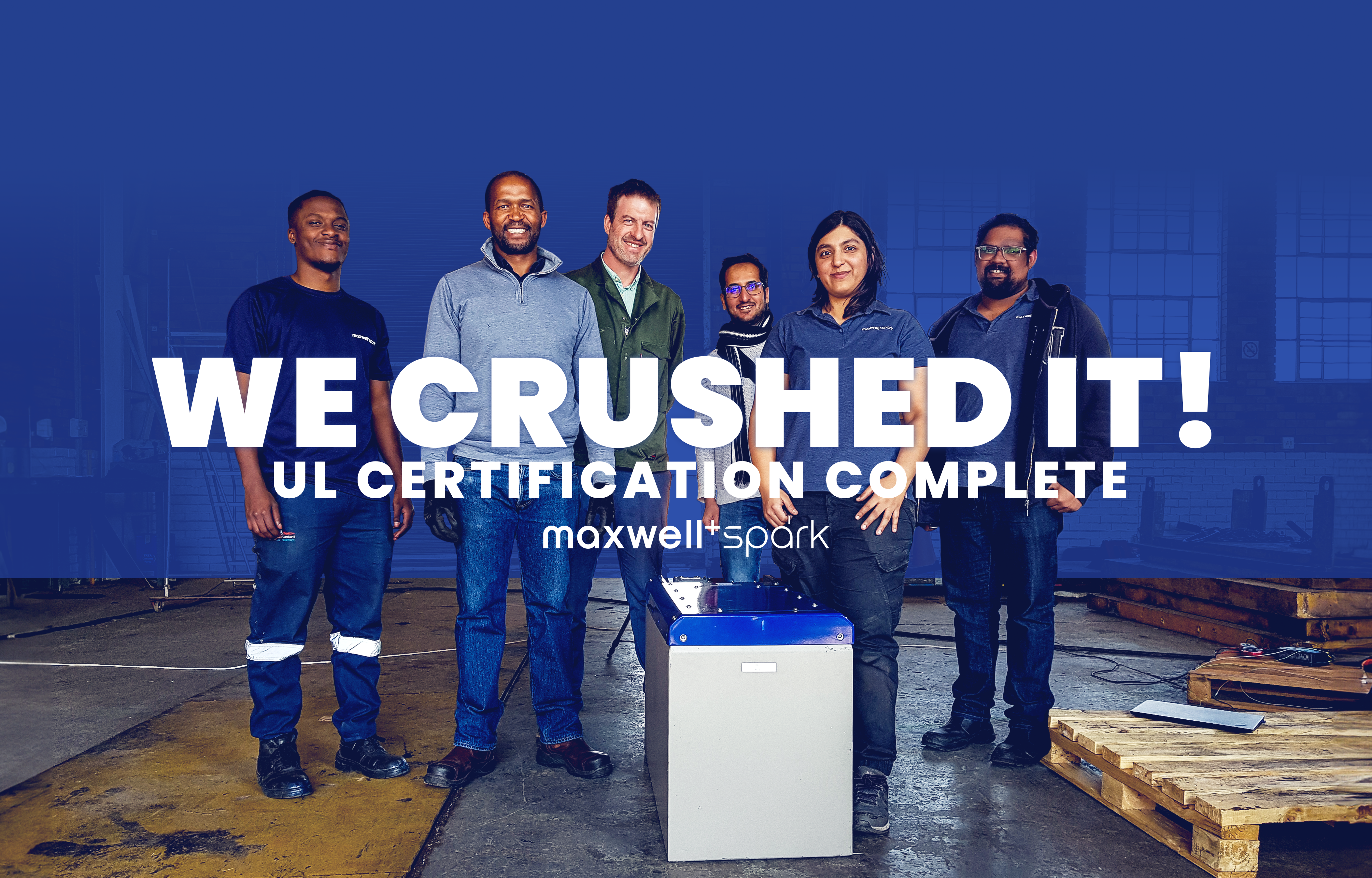There is a difficult question that needs to be asked when talking about sustainability and cutting carbon emissions, especially in developing countries like South Africa. Can addressing unemployment and helping businesses grow under difficult economic circumstances be reconciled with environmental sustainability and carbon reduction?
There is much to unpack under that question. From a historical perspective, the economies of developed nations were built by burning fossil fuels, giving them a massive advantage. However, it should also be remembered that the climate crisis is global, and the resulting extreme weather disproportionately affects poorer countries who are less prepared and have weaker infrastructure to cope.
The prickly green question sets the two in opposition: economic development and growth on the one side, sustainability and carbon reduction on the other. Unemployment, poverty and hunger, natural disasters, declining health due to pollution; these create a big mess between the two.
Of course, they do not have to be opposing forces, but to not acknowledge the complexity they create, would mean ignoring current realities. South Africa’s post-pandemic economy is being battered by its most severe period of electricity rationing (called loadshedding), where it is the norm to be without power for hours at a time. This means production stops, and all too often business grinds to a halt. The South African Reserve Bank reports that during the more severe stages of load-shedding, where consumers may face up to 12 hours without electricity per day, the country suffers an estimated loss of R900 million ($50 million) per day. Businesses are struggling; unemployment is rising and all too many families are slipping below the breadline.
The answer to the prickly green question is that it must make sense for both, for it to be truly sustainable. In other words, carbon reduction must make business sense, even more so in a context such as South Africa.
At maxwell+spark we don’t want our customers to invest in our lithium-ion battery systems just to go green and help transition away from fossil fuels; we want them to do this because our batteries are better, more efficient and reliable and, very importantly, help them reduce running costs alongside carbon reduction. This is because we truly believe that greener is better in all respects.
Transport refrigeration systems emit 15 times the amount of carbon of the average car and about 150 times the particulate pollution. Transitioning to diesel-free refrigerated transportation means zero road-side emissions, massive carbon savings and, without the diesel bill, lower running costs and lower maintenance.
It’s a big step towards bringing economic growth and carbon reduction a little closer together.
